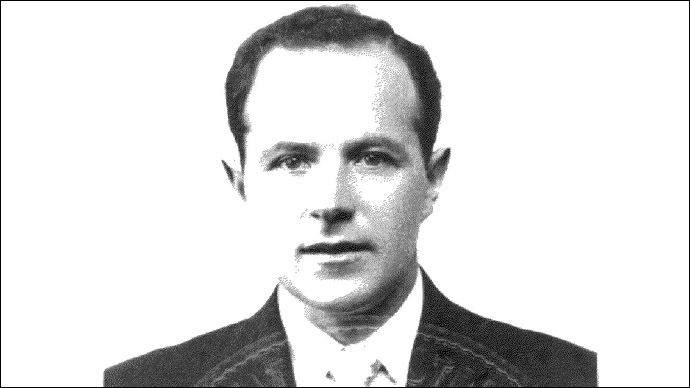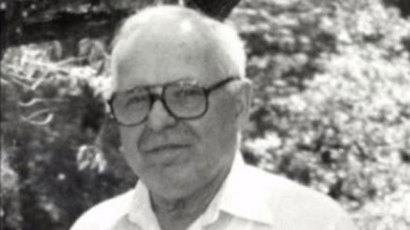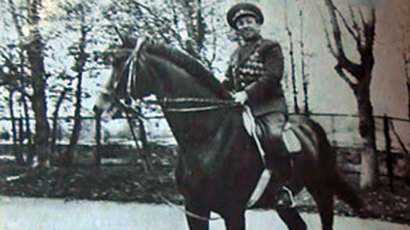Suspected Nazi war criminals in deportation limbo reap rewards of freedom in US

At least four of ten suspected Nazi war criminals the United States ordered be deported continue to reside on American soil and, in part because no other country is willing to claim them, remain eligible for Social Security and other public benefits.
The four elderly men remain free because of a legal technicality that prevents them from being tried in the United States for crimes perpetrated in Europe. It falls on the country where the crimes were committed to prosecute. Reviewing data from the Department of Justice, the Associated Press reported Tuesday that six other accused Nazis previously identified by US authorities were successfully deported out of the country.
Those who remain are Vladas Zajanckauskas in Sutton, Massachusetts, Theodor Szehinsky in West Chester, Pennsylvania, John Kalymon in Troy, Michigan, and Jakiw Palij in New York City.
Zajanckauskas, 97, was first ordered to return to his native Lithuania in 2007 and ran out of deportation appeals but remains in the US because Lithuania has refused to accept him. Eli Rosenbaum, the head of the Justice Department agency that leads the search for remaining Nazis, said in a 2011 documentary that Zajanckauskas was involved in the “brutal liquidation” of a Jewish ghetto in Warsaw, Poland.
Kalymon, 92, is accused of helping identify and imprison Jews, while Palij and Szehinskyj, both 89, are suspected of working as armed guards in concentration camps in Poland and Germany during World War 2.
“Without a doubt, the greatest single frustration has been our inability, in quite a number of cases now, to carry out the deportation orders that we’ve won in federal courts,” Rosenbaum said in 2011’s “Elusive Justice: The Search for Nazi War Criminals,” as quoted by the AP. “We can’t carry them out because governments of Europe refuse to take these people back.”
Each of the four is entitled to public benefits, most notably Social Security, until they exhausted the deportation appeals process, which often goes on for years.
In the past 34 years the Justice Department has filed legal proceedings against 137 suspected Nazis, with only 66 being expelled by deportation, extradition, or voluntary departure. At least 20 died while their cases were pending, and US officials agreed not to pursue 20 other deportation cases because the suspects were in such poor health, based on 2008 Justice Department data.
For years the German government was hesitant to allow Nazis into the country, even for prosecution, for fear of being portrayed as a refuge for war criminals. Last year, however, Germany convicted retired Ohio autoworker John Demjanjuk, 91, of being an accessory to 28,060 murders as a guard in Sobibor extermination camp in Nazi-occupied Poland.
US authorities have tried to extradite three of the four men still living in the United States to Germany but Germany has failed to admit any of them.
“That they have been able to live out their lives enjoying the freedoms of this country, after depriving others of freedom and life itself, is an affront to the memory of those who perished,” Paul Shaprio, a director of the Center for Advanced Holocaust Studies at the US Holocaust Museum in Washington DC, told the AP.
Last month the Associated Press published a lengthy investigative report asserting that a Minnesota man named Michael Karkoc, 94, was part of an SS unit that committed brutal atrocities in Ukraine, burning villages of women and children before lying on immigration forms to enter the United States after the war.
The German government has begun an investigation into Karkoc’s past.
Efraim Zuroff, the head Nazi hunter for the Simon Wiesenthal Center, said that the size of the task at hand mixed with the legal loopholes has made it difficult to pursue surviving war criminals.
“I don’t think it’s any lack of effort by the American government,” he said.













